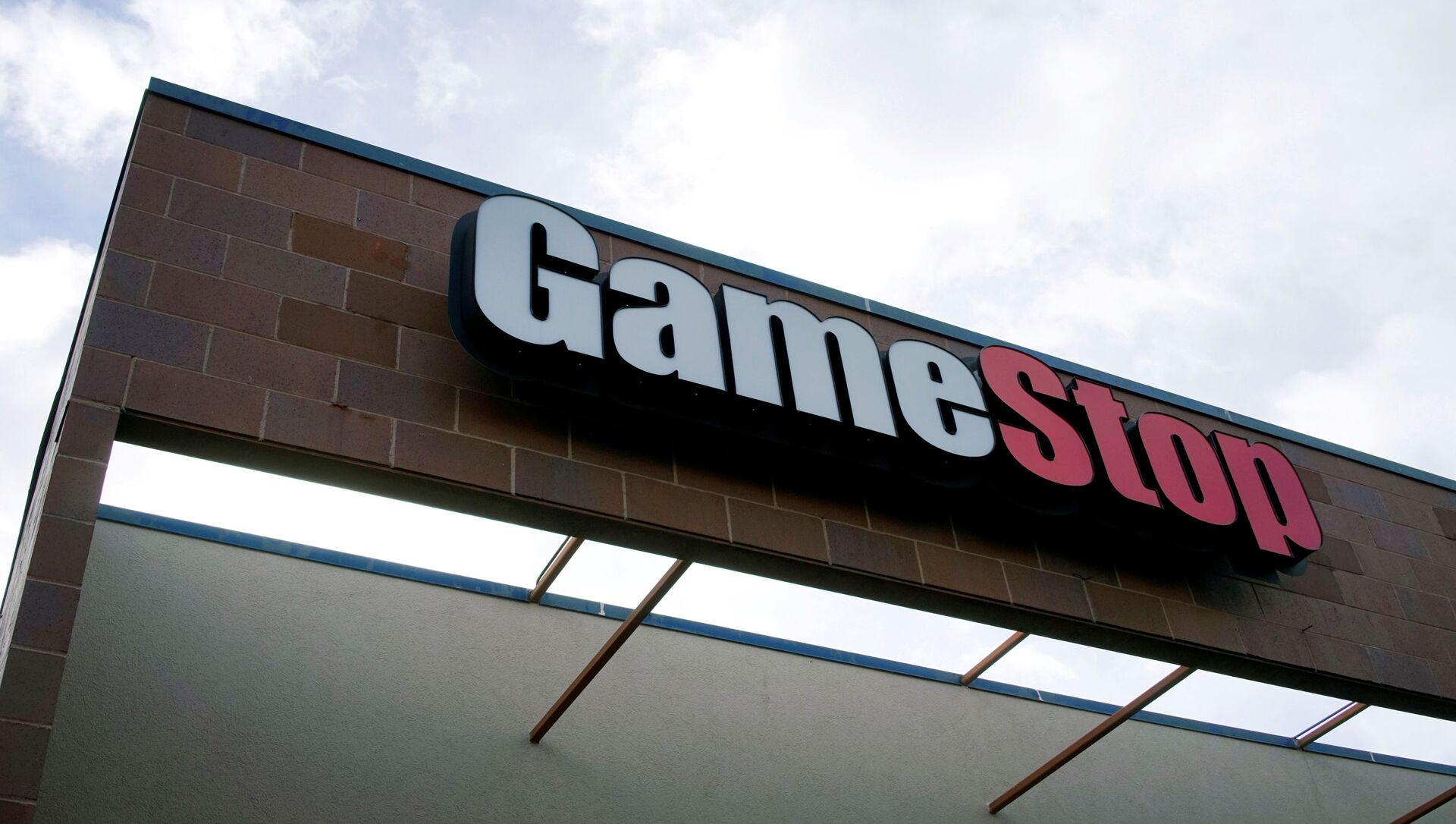GameStop’s stocks have fallen by 70% this week, thanks largely to measures taken by Robinhood and other stock trading apps to heavily limit the number of shares traders can buy in the video game retail company.
The decline was temporarily reversed on Tuesday after Robinhood announced it was increasing the buying cap on GameStop and several other stocks targeted both by Wall Street short-sellers and a group of amateur online traders coordinating their buys on the WallStreetBets subreddit. However, the decline shortly resumed and GameStop’s stock ended Tuesday at $90.00 a share, having lost 60% of its value in a single day.
According to CNBC, Robinhood now allows clients to buy 100 shares of GameStop, up from the previous limit of 20 shares, but not if the user already owns more than 100 shares in the company. Larger limit increases were implemented for stocks in AMC Entertainment, Naked Brand Group, Nokia, Express, and Koss, the values of which followed a similar track to GameStop’s.
Concurrently, however, CashApp announced Tuesday that its clearing broker, Axos Bank, had temporarily halted purchases of Nokia and AMC stock.
“We disagree with this move wholeheartedly,” the app said on its Twitter account. “We hope to make these stocks available for purchase again as soon as possible.”
The clearing broker who processes our trades, Axos, has temporarily halted buys of $AMC & $NOK. This was not Cash App’s decision - we disagree with this move wholeheartedly. We hope to make these stocks available for purchase again as soon as possible.
— Cash App (@CashApp) February 2, 2021
Last week, Robinhood imposed a limit on buying the skyrocketing stocks, claiming the price spike was creating “unreasonable risk.” The move brought widespread outrage that included a class-action lawsuit by users alleging the company violated the terms of use. Along with similar moves by several other competitor apps as well as brokerage firms, the meteoric rise of GameStop’s stock was dented and leveled off at nearly $500 a share, having been roughly $19 at the start of the new year.
Thanks to the resulting short squeeze, hedge funds that bet heavily on short-sold stocks lost more than $70 billion in January 2021 alone.

